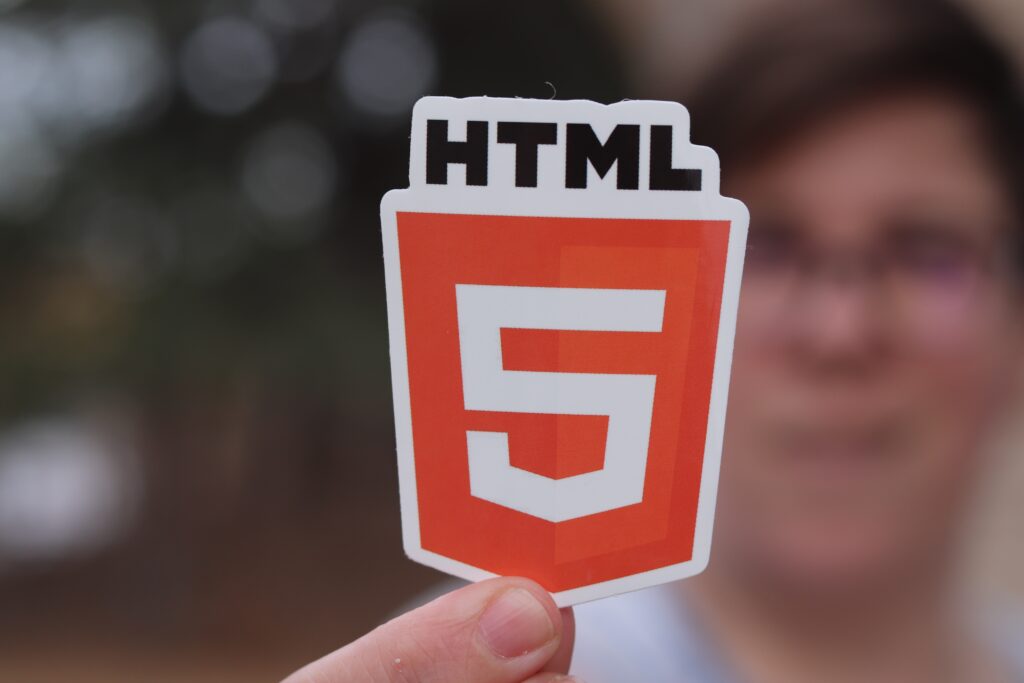In today’s digital era, web development has become a vital skill for anyone looking to create a presence on the internet. Whether you’re interested in building personal websites, creating online portfolios, or even launching your own e-commerce platform, understanding the basics of web development is essential. In this blog post, we will explore the fundamentals of web development, focusing on three core technologies: HTML, CSS, and JavaScript. By the end of this article, you’ll have a solid foundation to kickstart your web development journey.
HTML: The Structure of the Web

HTML (Hypertext Markup Language) is the backbone of every web page. It provides the structure and content that define how a webpage looks and functions.
HTML Basics:
- The <!DOCTYPE> declaration: Specifies the version of HTML being used.
- The <html>, <head>, and <body> elements: These elements form the basic structure of an HTML document.
- HTML tags: Tags are used to mark up different parts of a webpage, such as headings, paragraphs, links, images, and lists.
CSS: Styling and Design
CSS (Cascading Style Sheets) is responsible for the visual presentation of web pages. It allows you to control the layout, colors, fonts, and other visual aspects of your website.
CSS Basics:

- Selectors and Declarations: Selectors target HTML elements, while declarations define how those elements should be styled.
- Box Model: The box model determines how elements are rendered on a webpage, including margins, borders, padding, and content.
- Typography: CSS provides various properties to control the font family, size, weight, style, and spacing of text.
- Layouts: CSS offers flexible layouts, such as Flexbox and CSS Grid, to create responsive designs.
JavaScript: Interactivity and Functionality
JavaScript is a powerful programming language that adds interactivity and dynamic functionality to web pages. It allows you to create interactive elements, handle events, and manipulate webpage content on the fly.
JavaScript Basics:
- Variables and Data Types: Variables store values and can hold different data types, such as numbers, strings, booleans, arrays, and objects.
- Functions and Methods: Functions are reusable blocks of code that perform specific tasks. JavaScript also provides built-in methods for common operations.
- DOM Manipulation: The Document Object Model (DOM) represents the structure of a webpage. JavaScript allows you to access and modify the DOM to create dynamic and interactive experiences.
- Event Handling: JavaScript can respond to user actions, such as button clicks, mouse movements, or form submissions, by attaching event handlers to specific elements.

Conclusion
Web development is an exciting and ever-evolving field that empowers individuals and businesses to create compelling online experiences. By understanding the basics of HTML, CSS, and JavaScript, you have taken the first step towards becoming a proficient web developer. Remember to practice and experiment with these technologies, as hands-on experience is crucial for growth. Stay curious, explore further resources, and never stop learning as you embark on your web development journey.
FAQs
Q: What is the difference between HTML, CSS, and JavaScript?
A: HTML (Hypertext Markup Language) defines the structure of a webpage, CSS (Cascading Style Sheets) controls its visual appearance, and JavaScript adds interactivity and functionality.
Q: Can I start learning JavaScript without knowing HTML and CSS?
A: While it’s possible to learn JavaScript separately, having a basic understanding of HTML and CSS is recommended as they are closely intertwined with JavaScript in web development.
Q: Are HTML, CSS, and JavaScript the only languages used in web development?
A: No, there are other programming languages and frameworks like Python, PHP, Ruby, and frameworks like React and Angular that are used for different aspects of web development.
Q: How can I practice and enhance my web development skills?
A: Practice by building projects, both small and large, to apply your knowledge. Experiment with different features, explore online tutorials, and participate in coding challenges or open-source projects.
Q: Is web development a good career choice?
A: Yes, web development offers a promising career with a high demand for skilled developers. It provides opportunities to work on diverse projects and continuously learn and grow in a rapidly evolving field.

